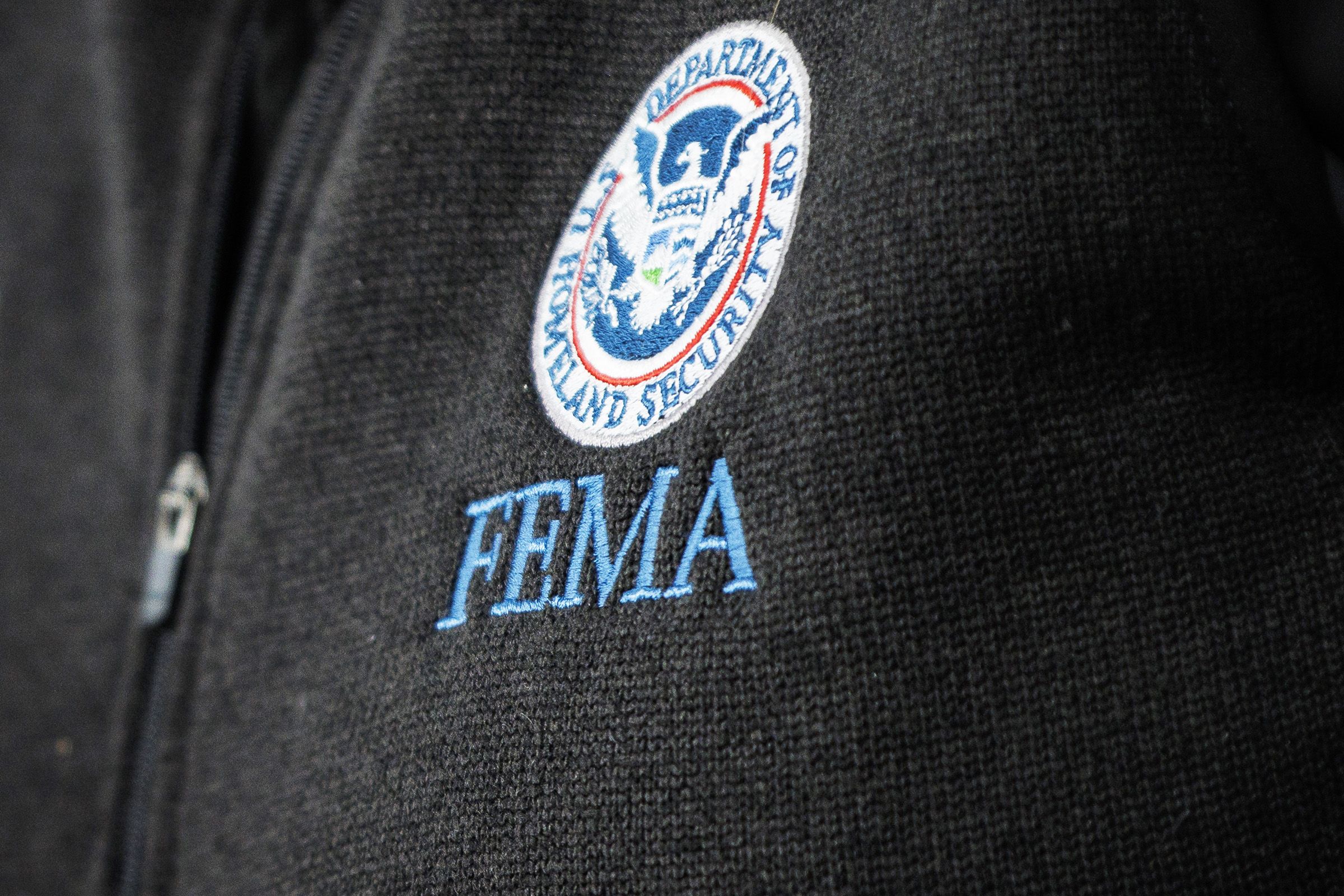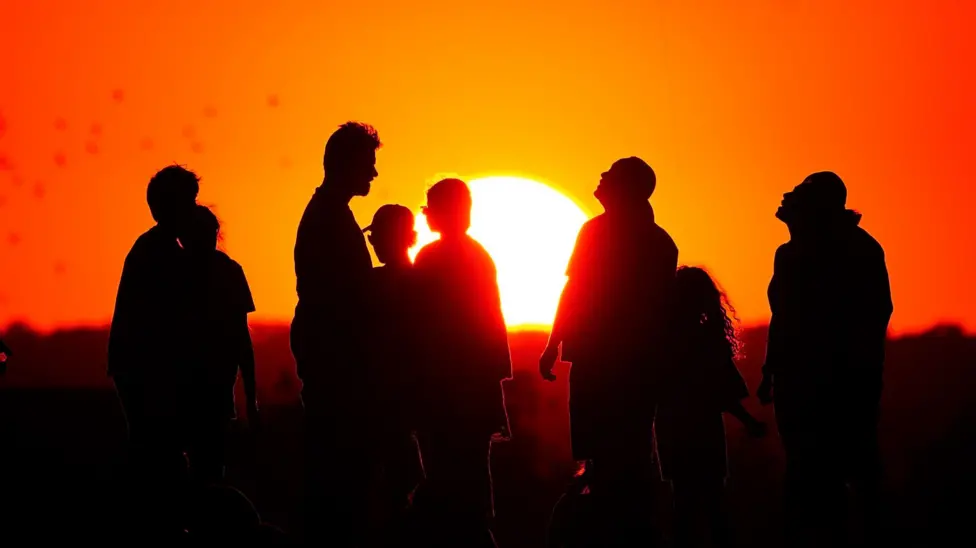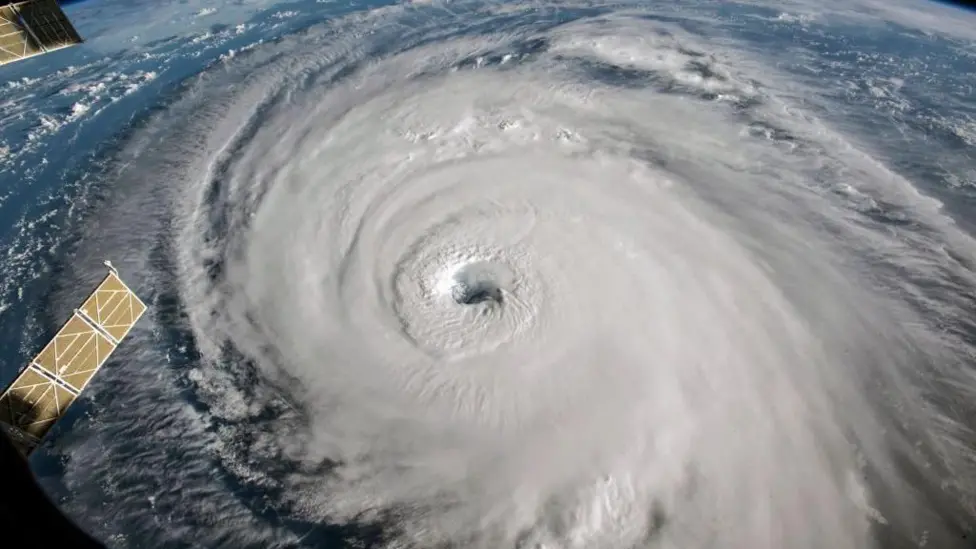Tech Giants Unleash AI on Weather Forecasts: Are They Any Good?
With the advancement of artificial intelligence technology, tech giants like Google, IBM, and Microsoft have started to incorporate AI into weather forecasting models. These companies claim that AI can provide more accurate and timely weather predictions compared to traditional forecasting methods.
AI algorithms can process massive amounts of data from various sources, including satellites, weather stations, and historical weather patterns, to make predictions about future weather conditions. This ability to analyze complex data sets quickly and efficiently is what sets AI-powered forecasts apart from conventional methods.
However, some skeptics argue that AI is not foolproof when it comes to predicting the weather. There are still limitations in accurately forecasting certain extreme weather events, such as hurricanes or tornadoes, which require a deeper understanding of atmospheric dynamics.
Despite the challenges, tech giants are continuously improving their AI models to enhance the accuracy of their weather forecasts. They are investing heavily in research and development to refine their algorithms and make them more reliable in predicting weather patterns.
One of the key benefits of using AI for weather forecasting is its ability to provide real-time updates and alerts to users, allowing them to better prepare for adverse weather conditions. This can be particularly beneficial for industries like agriculture, aviation, and emergency services that rely on accurate weather forecasts.
Overall, the integration of AI into weather forecasting shows great promise in improving the accuracy and reliability of predictions. While there is still room for improvement, tech giants are making significant strides in harnessing the power of AI to enhance our understanding of the weather.
As AI technology continues to evolve, we can expect even more advanced and sophisticated weather forecasting models that could revolutionize how we predict and prepare for weather events in the future.





More Stories